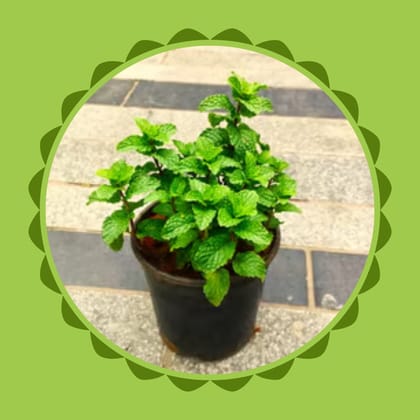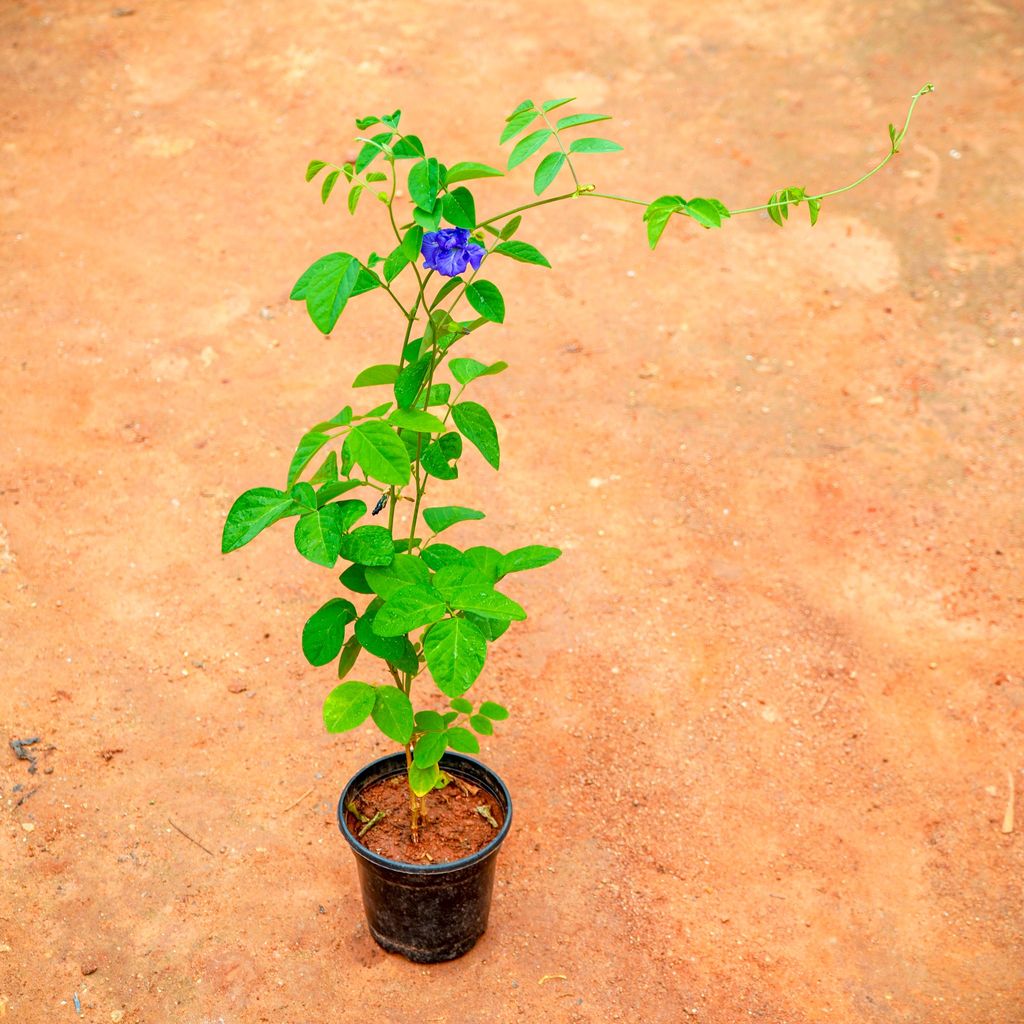
- Plants
- Plants
- Pots
- Pots
- Soil & More
- Soil & More
- Home Decor Plants
- Home Decor Plants
- Seeds
- Seeds
- Tools
- Tools
- Gifting
- Gifting
- Bulk Gifting
- Bulk Gifting
- Others
- Others
- Sale
- Sale
- Best Sellers
- Best Sellers
Urvann
Urvann is your one-stop online nursery for plants, planters, gardening accessories, and tools. Order fresh plants and get free home delivery on the next day!
EN634fff2ee4cdb0b93ce98d0e Aparajita (any colour) in 4 Inch Nursery Pot https://www.urvann.com/s/6176774ef575bbd2b3331c8a/66e5513fc8d56000c548319e/1percent20-24-.jpg
The Aparajita plant also known as the butterfly-pea plant is a versatile perennial flowering plant. It originally belongs to South Asia and is widely cultivated in tropical and subtropical regions of the world. The shape of the flower resembles a butterfly and is found in bright blue and white colors. The flowers are small and delicate, and the plant belongs to the climbers and creepers category.
Benefits of Aparajita Plant
.
 Skin and Hair Care
Skin and Hair Care
The extracts of the Aparajita plant are commonly used in cosmetic products, shampoos, conditioners, and skincare.
 Natural Food Colorant
Natural Food Colorant
The pretty blue flowers of the Aparajita plant are also used as a natural food colorant in many cuisines of Southeast Asia.
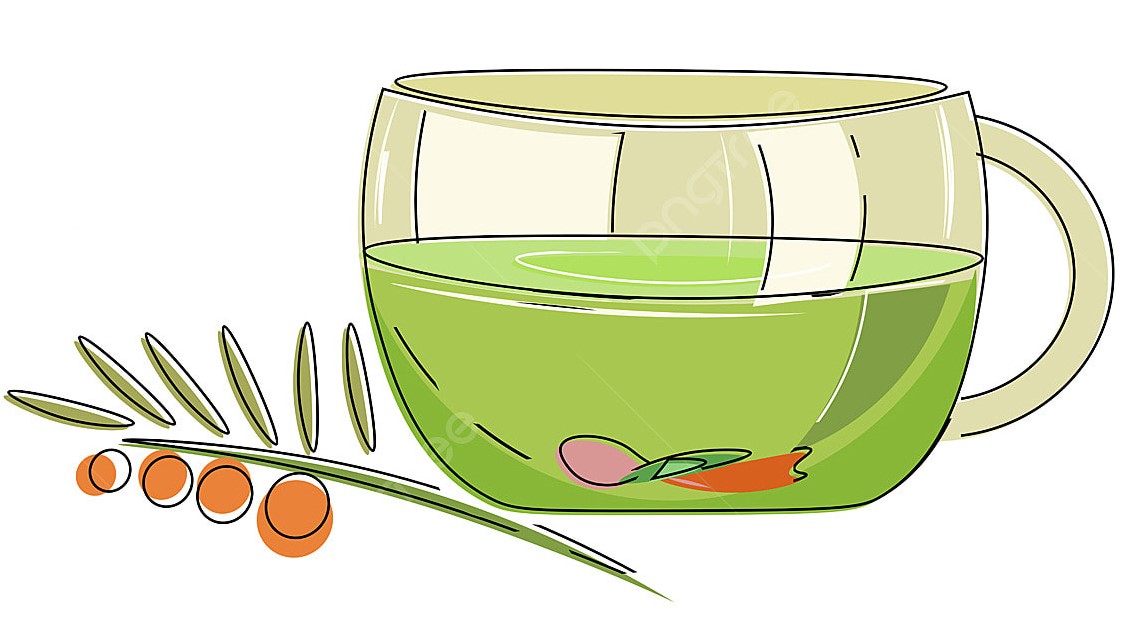 Herbal Tea
Herbal Tea
The flowers of the Aparajita plant are useful in making herbal tea, which has calming and relaxing effects on the mind and body. The tea is known for its soothing effects and is often consumed to relieve stress and promote relaxation.
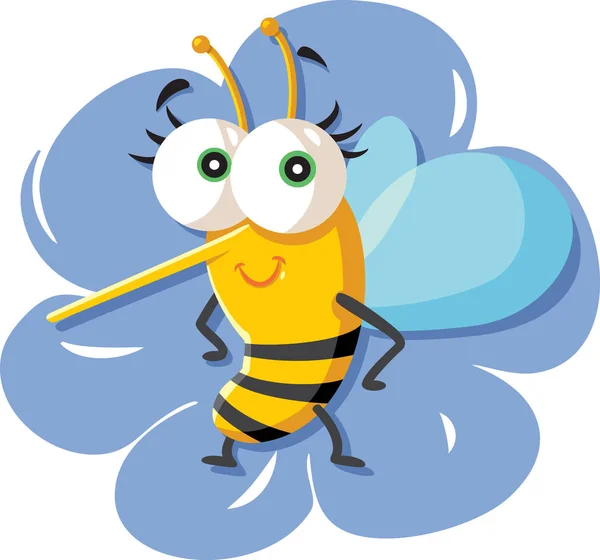 Biodiversity and Pollinators
Biodiversity and Pollinators
The stunning blue flowers of the Aparajita plant attract many beneficial pollinating insects such as, butterflies, bees etc.
Care Tips for an Aparajita Plant
 Sunlight
Sunlight
Aparajita plants thrive in full sunlight. Make sure to place your plant in a location that receives at least 4-6 hours of sunlight per day.
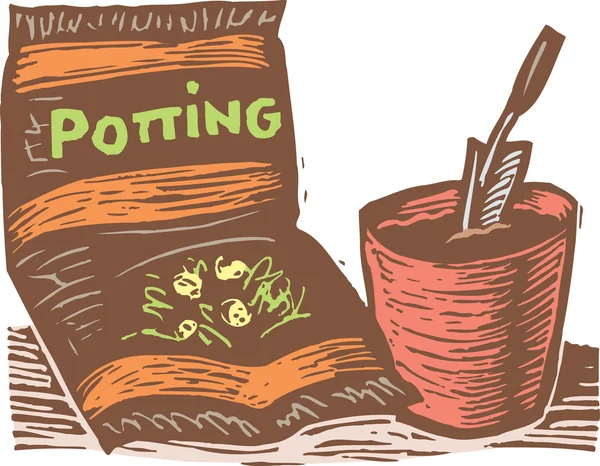 Ideal Soil Mix
Ideal Soil Mix
The Aparajita plants love a well-draining soil mix that is rich in organic matter. Apply another layer of organic mulch around the base of the plant stem to conserve moisture, suppress weeds to maintain an ideal soil temperature.
The ideal soil mix should be, Garden Soil (35%) + Cocopeat (30%) + Vermicompost (30%) + Neem Khali (5%)
 Watering
Watering
Keep the soil consistently moist but not waterlogged. Water your aparajita plant regularly, especially during the growing season.
 Placement
Placement
Place your Aparajita plant in a location that receives full sunlight. This is an outdoor plant.
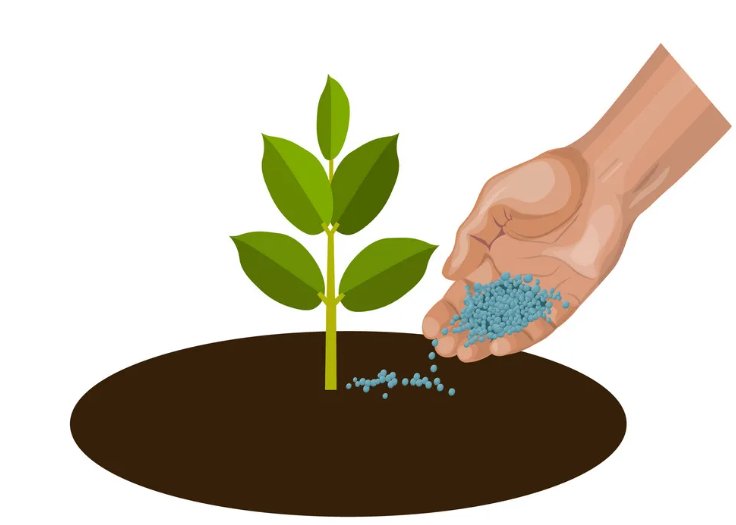 Fertilization
Fertilization
Use vermicompost as fertilizer for the Aparajita plant.
 Pruning
Pruning
Regular pruning of Aparajita plants will encourage branching and make plants bushier.
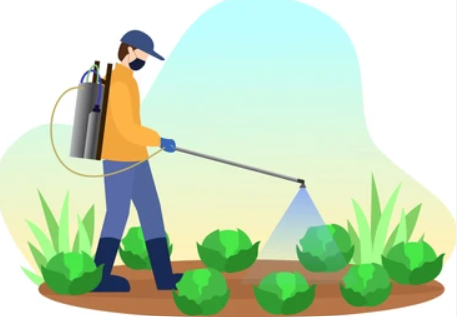 Pest Control
Pest Control
The Aparajita plant is prone to mite and aphid attacks. Keep spraying the plant with neem oil as pest control. Alternatively, you can also use fungicides.
.
Frequently Asked Questions about an Aparajita Plant
.
1. Are Aparajita plants hardy?
Aparajita plants are relatively hardy and can tolerate various environmental stresses. However, they are sensitive to frost and cold temperatures, so protection may be necessary in colder climates.
2. What type of soil does Aparajita prefer?
Aparajita prefers well-draining soil rich in organic matter. It can tolerate many types of soil mixes.
3. How do I propagate Aparajita plants?
Aparajita can be propagated through stem cuttings. Take 4-6-inch semi-hardwood cuttings, remove lower leaves, and root them in a well-draining rooting medium. Seeds can also be used for propagation.
4. Can I use Aparajita flowers for culinary purposes?
Yes, Aparajita flowers are sometimes used as a natural food colorant in certain cuisines, especially in Southeast Asian dishes.
5. Where can I buy Aparajita plants?
Head over to Urvann, India’s favorite online nursery, and browse from their extensive collection of plants.
.
in stockINR 79
197 5
Email ID already exists!
Your Current password is incorrect
Password Updated Successfully
Thanks for your Feedback
- Home
- Pet Friendly Plants
- Summer Plants
- Aparajita (any colour) in 4 Inch Nursery Pot
Aparajita (any colour) in 4 Inch Nursery Pot
₹79₹540 (85%OFF)
Sold By: ABI
Features
- It is a climber
- Hardy plant
- Rich in antioxidants
- Perennial flowering plant
- Butterfly-shaped flowers
Description of product
The Aparajita plant also known as the butterfly-pea plant is a versatile perennial flowering plant. It originally belongs to South Asia and is widely cultivated in tropical and subtropical regions of the world. The shape of the flower resembles a butterfly and is found in bright blue and white colors. The flowers are small and delicate, and the plant belongs to the climbers and creepers category.
Benefits of Aparajita Plant
.
 Skin and Hair Care
Skin and Hair Care
The extracts of the Aparajita plant are commonly used in cosmetic products, shampoos, conditioners, and skincare.
 Natural Food Colorant
Natural Food Colorant
The pretty blue flowers of the Aparajita plant are also used as a natural food colorant in many cuisines of Southeast Asia.
 Herbal Tea
Herbal Tea
The flowers of the Aparajita plant are useful in making herbal tea, which has calming and relaxing effects on the mind and body. The tea is known for its soothing effects and is often consumed to relieve stress and promote relaxation.
 Biodiversity and Pollinators
Biodiversity and Pollinators
The stunning blue flowers of the Aparajita plant attract many beneficial pollinating insects such as, butterflies, bees etc.
Care Tips for an Aparajita Plant
 Sunlight
Sunlight
Aparajita plants thrive in full sunlight. Make sure to place your plant in a location that receives at least 4-6 hours of sunlight per day.
 Ideal Soil Mix
Ideal Soil Mix
The Aparajita plants love a well-draining soil mix that is rich in organic matter. Apply another layer of organic mulch around the base of the plant stem to conserve moisture, suppress weeds to maintain an ideal soil temperature.
The ideal soil mix should be, Garden Soil (35%) + Cocopeat (30%) + Vermicompost (30%) + Neem Khali (5%)
 Watering
Watering
Keep the soil consistently moist but not waterlogged. Water your aparajita plant regularly, especially during the growing season.
 Placement
Placement
Place your Aparajita plant in a location that receives full sunlight. This is an outdoor plant.
 Fertilization
Fertilization
Use vermicompost as fertilizer for the Aparajita plant.
 Pruning
Pruning
Regular pruning of Aparajita plants will encourage branching and make plants bushier.
 Pest Control
Pest Control
The Aparajita plant is prone to mite and aphid attacks. Keep spraying the plant with neem oil as pest control. Alternatively, you can also use fungicides.
.
Frequently Asked Questions about an Aparajita Plant
.
1. Are Aparajita plants hardy?
Aparajita plants are relatively hardy and can tolerate various environmental stresses. However, they are sensitive to frost and cold temperatures, so protection may be necessary in colder climates.
2. What type of soil does Aparajita prefer?
Aparajita prefers well-draining soil rich in organic matter. It can tolerate many types of soil mixes.
3. How do I propagate Aparajita plants?
Aparajita can be propagated through stem cuttings. Take 4-6-inch semi-hardwood cuttings, remove lower leaves, and root them in a well-draining rooting medium. Seeds can also be used for propagation.
4. Can I use Aparajita flowers for culinary purposes?
Yes, Aparajita flowers are sometimes used as a natural food colorant in certain cuisines, especially in Southeast Asian dishes.
5. Where can I buy Aparajita plants?
Head over to Urvann, India’s favorite online nursery, and browse from their extensive collection of plants.
.
Related products
User reviews
197 Reviews
I loved all the products.Apr 12, 2025 12:06:25 PM
I loved all the products.Apr 11, 2025 5:54:06 AM
I loved all the products.Apr 10, 2025 11:35:34 AM
I loved all the products.Apr 9, 2025 8:51:15 AM
I loved all the products.Apr 9, 2025 8:49:37 AM
I loved all the products.Apr 5, 2025 9:06:02 AM
I loved all the products.Apr 5, 2025 9:04:01 AM
I loved all the products.Apr 4, 2025 12:14:53 PM
I loved all the products.Apr 4, 2025 12:13:36 PM
I loved all the products.Apr 3, 2025 9:09:21 AM
Urvann is your one-stop online nursery for plants, planters, gardening accessories, and tools. Order fresh plants and get free home delivery on the next day!
Information
Major Categories
Gifting
Offers under 99
Offers Under 199
Plants
- Indoor Plants
- Low Maintenance Plants
- Flowering Plants
- Outdoor Foliage Plants
- Religious & Sacred Plants
- Air Purifying Plants
- Cactus & Succulents
- Good Luck Plants
- Plants by Location
- Plants of the Month
- Herbs-Medicinal & Vegetable Plants
- Fruit Plants
- Monsoon Plants
- Hanging Plants
- Potted Plants
- Bonsai Plants
- Special Plant Combos
- Bamboo Plant
- Pet Friendly Plants
- Plants to grow in Water
- Mosquito Repellent Plants
- Climbers & Creepers
Gardening Tools & Equipments
Soil & Fertilizers
Membership & Gift Cards
ADDRESS
Urvann India Private Limited
E-176
Delhi
Delhi 110060
IN
NEWSLETTER
Subscribe to get Email Updates!
Thanks for subscribe.
Your response has been recorded.
India's Number 1 Choice for Plants | Urvann India Private Limited



